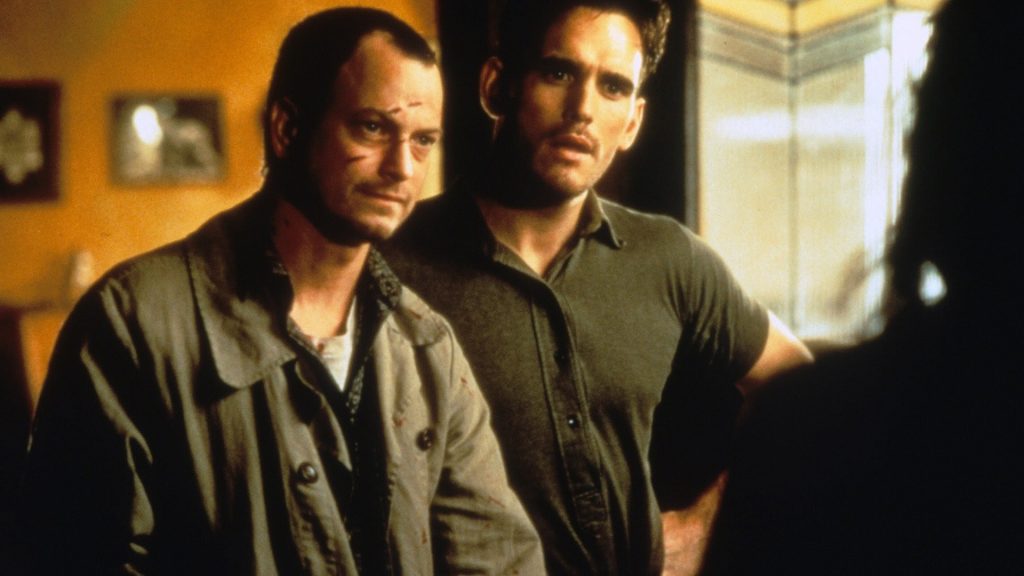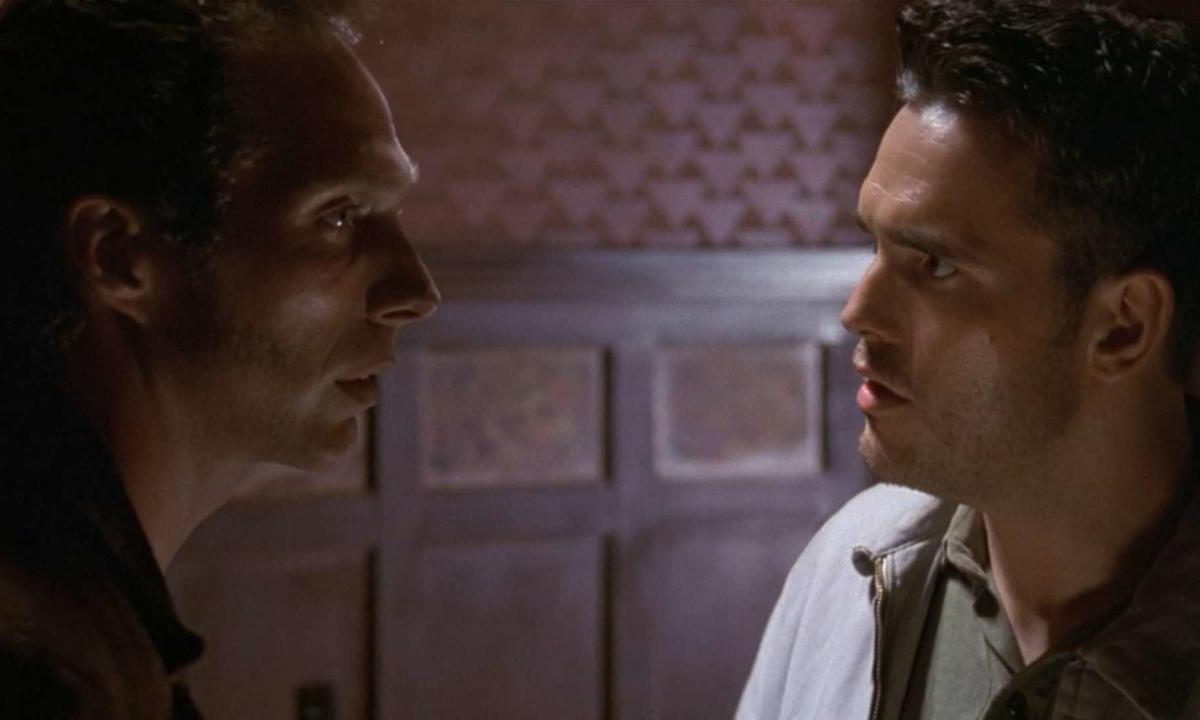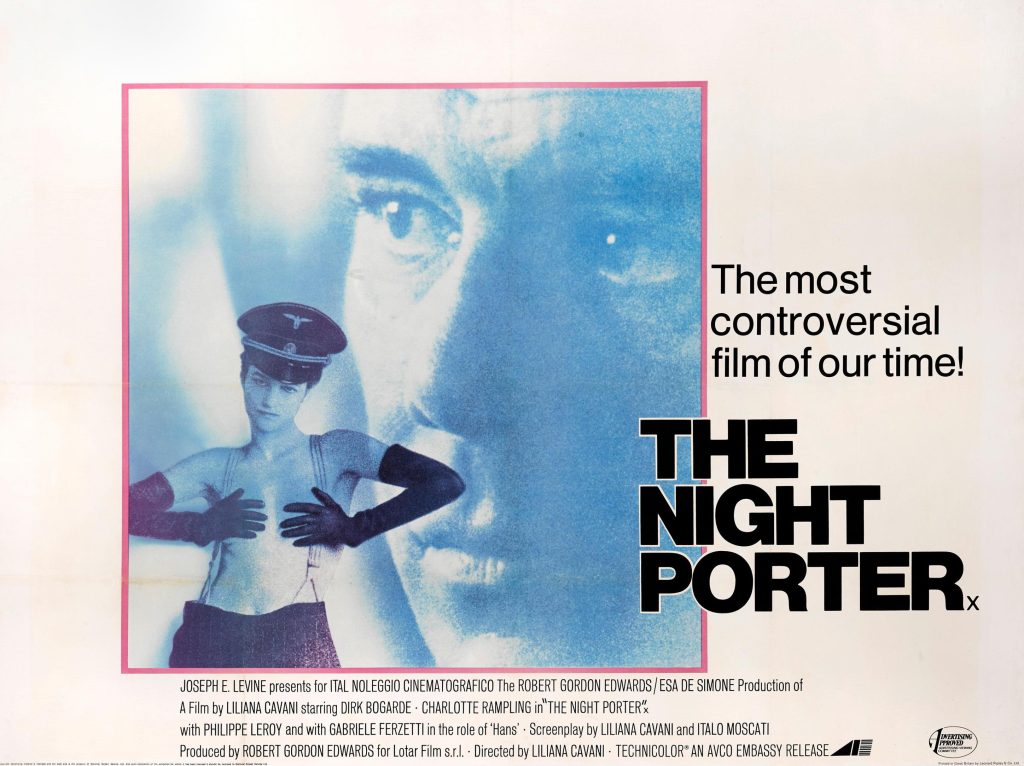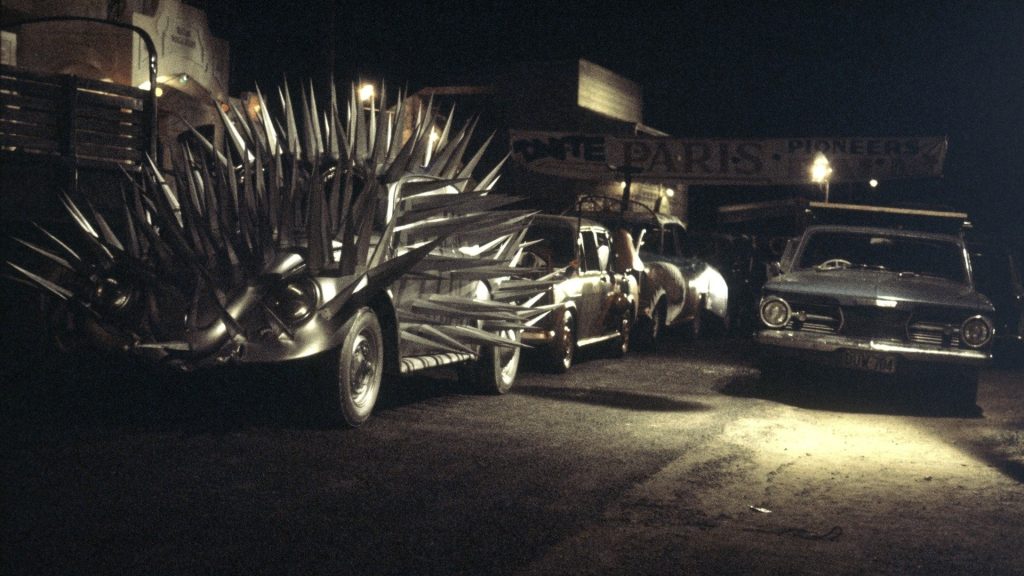Welcome to Harvey’s Hellhole, a monthly column devoted to spotlighting the movies that were poorly marketed, mishandled, reshaped, neglected or just straight-up destroyed by Harvey Weinstein during his reign as one of the most powerful studio chiefs in Hollywood. With disgraced, award-winning actor Kevin Spacey trying to make a comeback with his new film Peter Five Eight (which recently had a very awkward premiere in Philadelphia), let’s go back to whan Spacey directed a movie for Harvey and them.
Albino Alligator is a little-known footnote in the career of the formerly respected Kevin Spacey. Fresh off of winning a Best Supporting Actor for his performance as deceptive hood Roger “Verbal” Kint in The Usual Suspects (directed by pal/fellow alleged sexual assaulter Bryan Singer), Spacey came with his directorial debut, another in a long line of neo-noirs that dropped post-Pulp FIction. Naturally, Pulp’s distributor MIramax picked up the domestic distribution rights for a cool $5 million.
Alligator is about a trio of criminals – brothers Dova (Matt Dillon) and Milo (Gary Sinise) and loose cannon Law (William Fichtner) – who hide out in a New Orleans basement bar (aptly named Dino’s Last Chance) to get away from the cops. They think the fuzz is after them for fleeing a botched holdup. But what they don’t know is that they killed a few agents – two during a car chase and one they accidentally ran over – who were working a sting operation to apprehend a wanted gunrunner.
Of course, the dive’s remaining inhabitants reluctantly become hostages, including the lippy barmaid (Faye Dunaway), a young pool player (Skeet Ulrich), a barfly (John Spencer), and a mysterious, French-Canadian businessman (Viggo Mortensen, laying on the accent thick). There’s also the bar’s owner (M. Emmet Walsh, RIP), who’s unfortunately taken out early when he gets into a shotgun-wielding tussle with Law.
Working from a script by first-time screenwriter Christian Forte (the son of ‘50s actor/singer/heartthrob Fabian), Alligator is a familiar, quietly chaotic bit of real-time pulp featuring some standard-issue crime-movie archetypes. Dillon’s thick-headed leader often has to calm the nerves of Sinise’s pacifistic bro and Fichtner’s proud psychopath. Fichtner’s character also t explains the movie’s title, telling how the titular reptile is often used as a sacrifice by other alligators. Of course, sacrifice becomes an integral part of the finale, as characters end up making wackadoo, life-altering choices in order to bring home the nobody’s-a-hero message. There’s even a cranky, foul-mouthed ATF agent (Joe Mantegna) outside, mostly barking orders and giving exposition.
Spacey filmed Alligator in 34 days, with 24 of them shot in the bar. He eventually convinced “the money people” to expand the budget for sound and music after his Oscar win. “I’m not above using my Oscar for those reasons,” he told the San Francisco Examiner in 1997. At one point of filming, ten rolls of shot film disappeared from Los Angeles International Airport. (The film was returned after the story was published in the newspaper.)

Alligator mostly finds Spacey proving how economical he could be as a filmmaker. As most of the film takes place inside a bar, he didn’t have to worry about rounding up more locations. “I could go out and find a movie that has 75 locations and give myself a [expletive] logistical headache and never be able to have the kind of prep time at those locations,” he continued in the Examiner. “I know what that’s like. I’ve been in movies where the director doesn’t get the location until a week before.”
Spacey creates stylish shots while also getting convincing performances out of his actors. He occasionally seems to be showing off, giving us superfluous dolly shots like Fichtner bashing Walsh’s head on the bar while the camera pans over to a Humphrey Bogart movie poster. (The poster is a reference to The Petrified Forest, a 1936 film where Bogart plays a gangster who holds a restaurant full of people hostage.)
Although Spacey had final cut, Weinstein did try to interfere in the editing process. According to Peter Biskind’s Down and Dirty Pictures, Weinstein ordered just-hired exec Alan Sabinson to approach Spacey about trimming Alligator. When Sabinson came back to Weinstein telling him it was a no-go, Weinstein lost his shit, shouting, “You’re a fuckin’ moron, an idiot. What am I paying you for? Get outta my office. I don’t want to see you here, you’re a piece of shit.” Sabinson was fired shortly thereafter.
Considering Alligator’s odd theatrical rollout, Weinstein was ready to bury the flick. Originally scheduled for a November 1996 release, it hit several markets the following January and others a few months later in May. The reviews were mixed, with many praising Spacey for trying to spice up a formulaic story. “Sadly, Spacey’s deft directing can’t offset a script that wants to be Chinatown and ends up as indigestible chop suey,” wrote then-Rolling Stone critic Peter Travers. In the end, the $6 million movie only made $339,379.
Apart from helming the bonkers Bobby Darin biopic Beyond the Sea in 2004, Spacey spent the rest of his pre-cancelled years in front of the camera, racking up awards including a Best Actor Oscar for American Beauty and a Best Actor in a Drama Series Golden Globe for Netflix’s House of Cards. Considering how Spacey has gone from acclaimed thespian to despised predator, apparently trying to get back on people’s good graces one horror convention at a time, Albino Alligator is the least embarrassing thing he’s done in his career.
Albino Alligator is currently streaming for free on Tubi.



